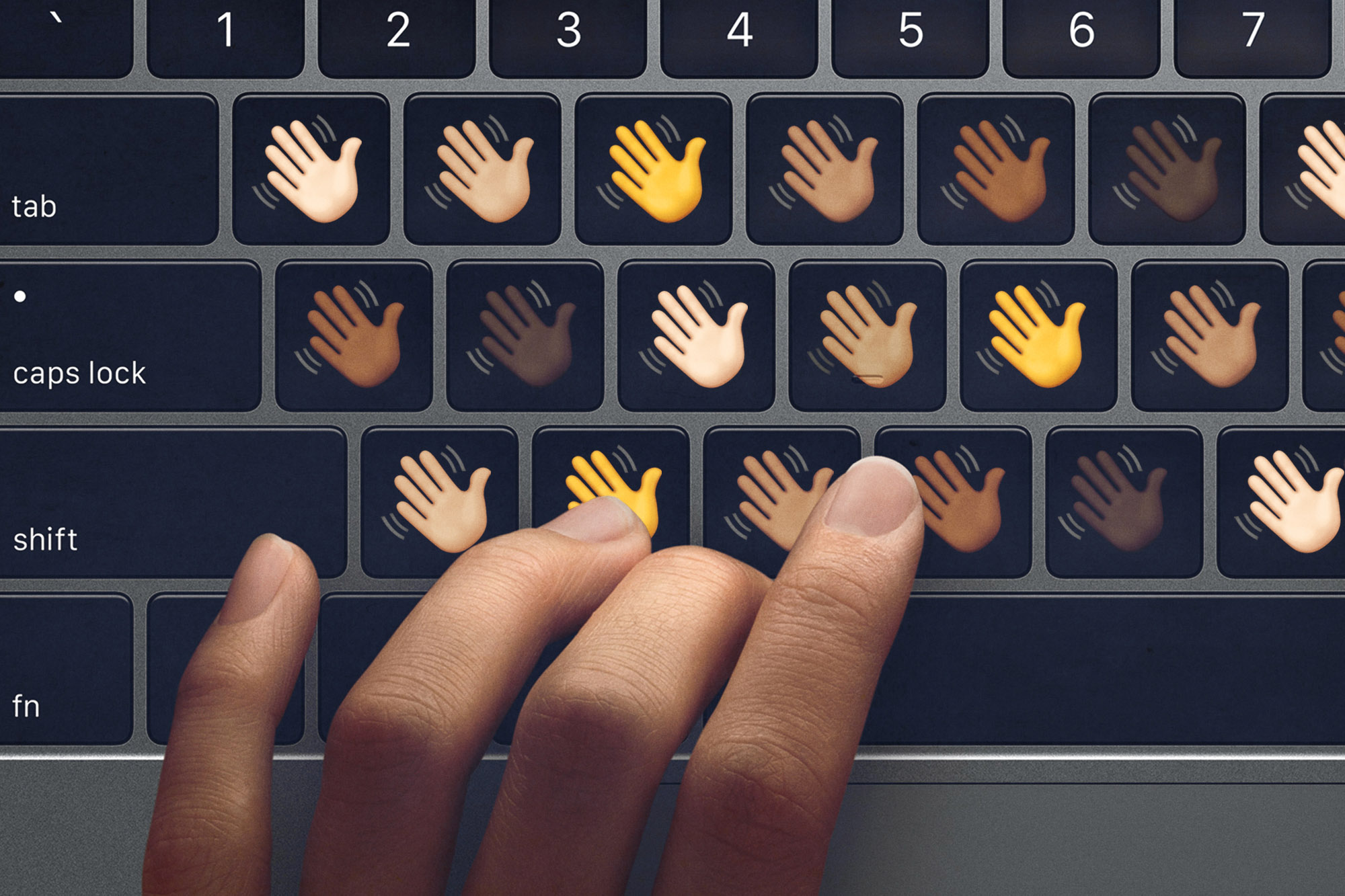The disruptions caused by the COVID-19 pandemic have led to an unprecedented reckoning by the American workforce that some have dubbed the “Great Resignation.” Workers have been not only leaving their jobs en masse, but also reconsidering what they are looking for in their careers.
As executive director of the University of Virginia’s Armstrong Center for Alumni Career Services at the Darden School of Business, Jennifer Coleman has been coaching MBAs on how to best achieve their career goals for more than a decade. But she has never seen a moment like this one.
In the center’s one-on-one coaching sessions, Coleman and her colleagues have helped alumni navigate this brave new world of confusion and opportunity. UVA Today spoke to her about the insights she’s gleaned.
Q. What do you see as the biggest factors going into this trend of the “Great Resignation?”
A. What has happened over the past 18 months is that people have reassessed priorities – whether it’s more flexibility with their schedules or relocating to be closer to family – and are seeking jobs better aligned with those priorities. With my coaching team, we’ve always tried to dispel the myth that it’s a zero-sum [equation] between work and life. What we’re seeing people do now is look for ways to make everything work more in concert – including recreation, relationships, health and work.
Q. How are companies responding to this trend when it comes to hiring and retaining the best talent?
A. Companies are being compelled to rethink what culture means and how important being physically present is to an organization. They are having to be far more flexible, not just on physically where employees are sitting, but also on how employees are structuring their days. Are they working 9-to-5 days? Or is it more fluid, a situation in which they work for a few hours in the morning, then pick up and care for their kids, and then work again from 9 p.m. onward? It’s all about options and choice and empowerment. It’s not about being completely in the office, or completely remote – because working at home is not for everybody – but it’s about giving people flexibility.











